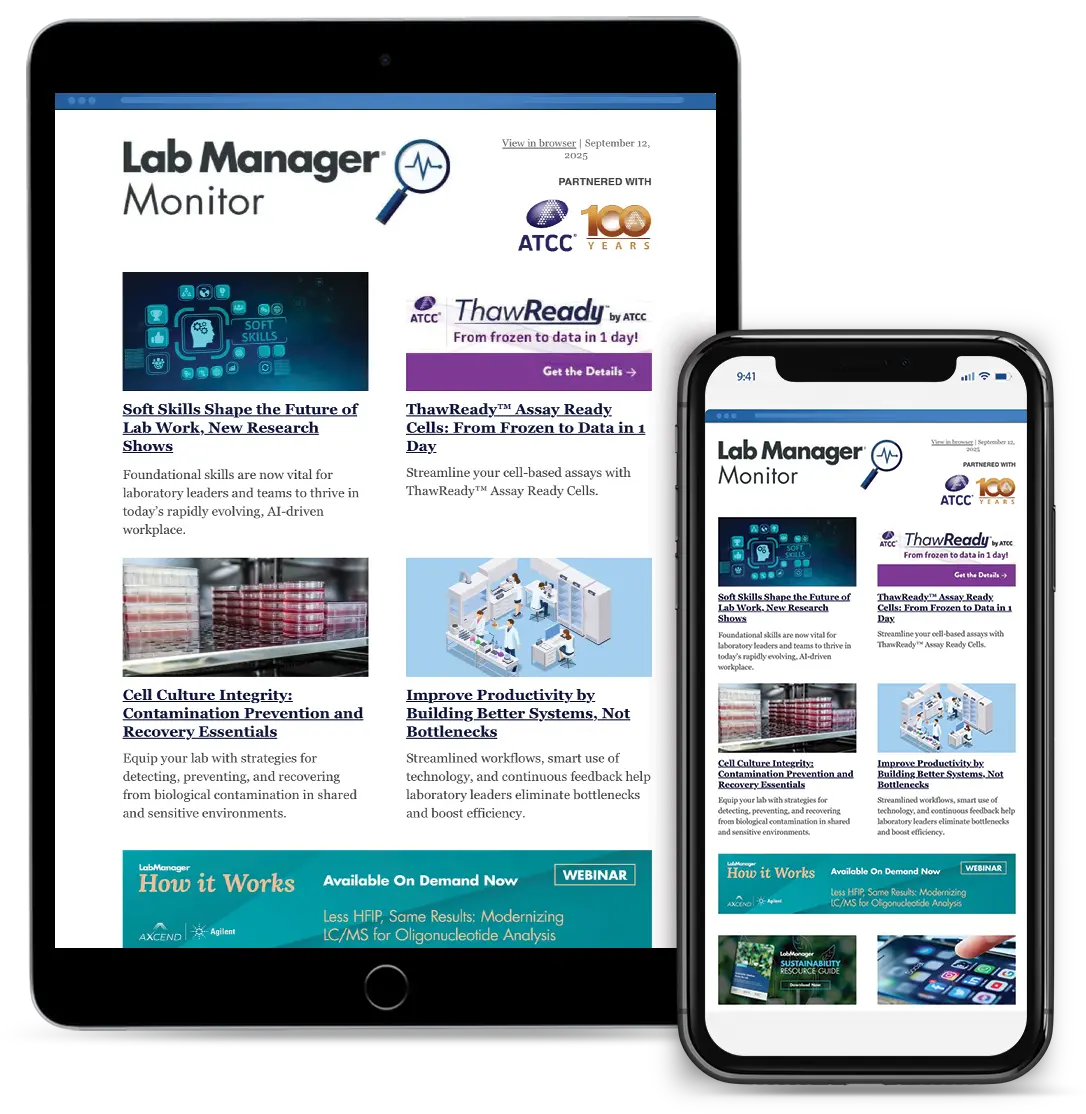
As more states enter the legal cannabis market, contamination outbreaks and recalls are on the rise. Because contaminants can affect a product during any phase of the production process, it is important for cannabis testing laboratories to ensure their methods and processes are robust and effective. Managing editor Lauren Everett speaks with Milan Patel, co-founder and CEO of PathogenDX, about the increase in cannabis contamination outbreaks, the challenges for testing labs, and potential solutions and future trends in the industry.
Q: How common are contamination outbreaks among legal cannabis products in recent years? What is causing this frequency?
A: Outbreaks are being recorded at a much higher rate now compared to the past few years. We’re seeing them occur on almost a monthly basis, and the primary reason for the uptick is the number of states entering the legal cannabis market. Contamination is not a new issue, but as cannabis becomes more openly handled and regulated, there is a natural increase in the visibility of these incidents.
We’re likely to see this pattern continue as more states come online; it’s important for those of us on the testing side to stay particularly vigilant and ensure that testing processes are as efficient as possible.
Q: At what point(s) during the cannabis production process can contaminants emerge?
A: Contaminants are most likely to emerge across phases of the process, but more so on the tail end of the cultivation process, when the flower is being dried and harvested. Even so, taking care at all stages of the production process is a must. If every step of production is monitored, you reduce significant risk, as well as trace where the recurring hot zones are and how the problem occurred.
It’s key to implement environmental monitoring programs that are an early and first step to cGMP (continuous Good Manufacturing Processes), in order to get out ahead of the risk to contaminants—or to at least be sufficiently prepared for any that may surface for quick, effective, and efficient remediation.
Q: What are the top challenges for cannabis and hemp testing laboratories throughout the US?
A: A primary issue that persists is the challenge of growers engaging in lab shopping. Unfortunately, it’s common practice for growers to shop their product between different labs to look for the most favorable results, including pesticide testing results, THC potency analyses, and more.
This unsettling issue goes hand-in-hand with another, which is the wildly varied regulations across different states. The lack of standardization is a significant hurdle for cannabis testing labs, and it’s one that we’ll continue to face until the legal position of the cannabis industry reaches a more uniform and reasonable place, both nationally and internationally.
In addition to the challenges faced in the legal market, we can’t forget that there is still an illicit market operating behind the scenes, which is largely inaccessible to many important testing and safety initiatives, to the detriment of consumers.
Q: What solutions are needed to overcome these challenges?
A: There has to be a sturdy enforcement mechanism in seed-to-sale tracking systems. The fact that a grower can send a product to one lab, and then simply send it to another if he doesn’t like the first answer is not a system that can be maintained, nor is it a practice that is in the best interest of the consumer and/or patient. By working to mimic federal testing regulations that are more standardized, like they are in other large industries such as food and pharma, testing labs can produce uniform results and build a clearer, more accurate system to protect the health of consumers.
Q: Regulations and standards still vary state by state. How can cannabis labs ensure they are producing accurate, high-quality results despite not having much official, external guidance?
A: Cannabis labs must have the most stringent policies and practices in place to produce consistently accurate results, regardless of the particular state regulations. This comes in the form of hiring qualified lab technicians with the right experience, robust and validated testing methods, and proficient lab practices.
Cannabis testing labs really should explore and be aware of the whole testing landscape throughout the country—not just the state(s) in which they operate. They should also establish exacting standards and remediation policies, and be selective with their equipment choices. By honing their methodologies, testing labs will play to their advantage and ensure their survival when regulations become more standard across state lines.
Q: What trends or advancements do you see emerging for the cannabis testing industry within the next few years?
A: Above all, we can expect to see a lot of consolidation across the cannabis testing industry, similar to the recent operation aggregation we’ve seen among the cannabis multi-state operators. It’s a recessionary period; there are going to be companies losing business. The cannabis labs that are able to successfully consolidate while handling operations efficiently, effectively, and compliantly are going to be the ones that ultimately survive.
Milan Patel is the co-founder and CEO of PathogenDX, where he leads the strategic vision, financial health, and global growth of the AZ-based company, which provides DNA-based pathogen testing technology and solutions for the cannabis, botanical, food and agricultural industries. Previously, Patel spent over 25 years working with large public, small private, and entrepreneurial companies in numerous fields from the life sciences, to biotechnology, to government services and the automotive industry. Patel served as COO/CFO of GMSbiotech. He also was CFO of 2020 Company, LLC, a leading premier professional services firm that delivered business and technology solutions to the government, in the areas of health, education, and science.
Patel earned his BS in Electrical and Electronics Engineering from the University of Detroit Mercy; a MS in Biomedical/Medical Engineering, University of Michigan; and a MBA in Finance and Marketing, University of Detroit Mercy.














